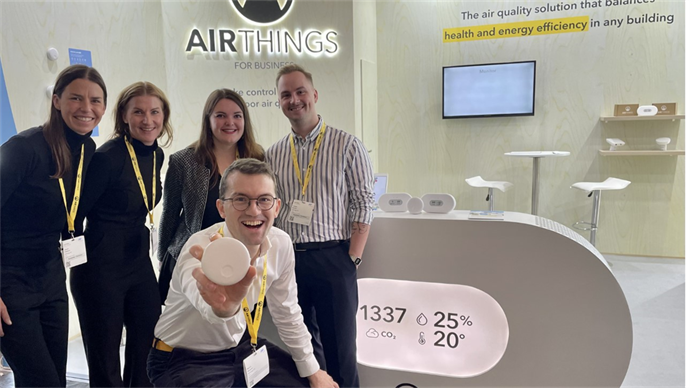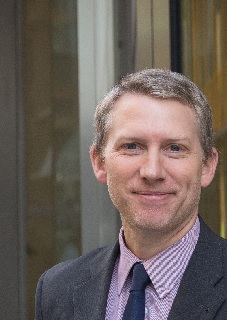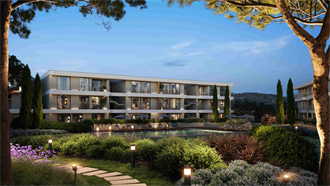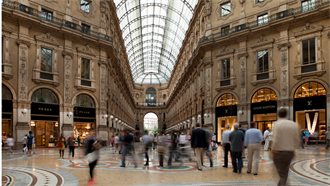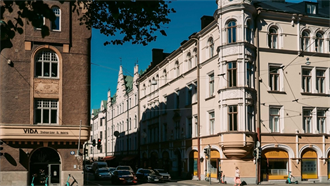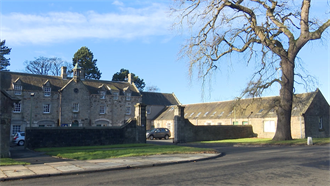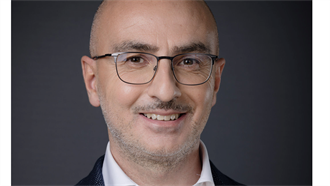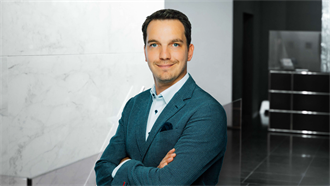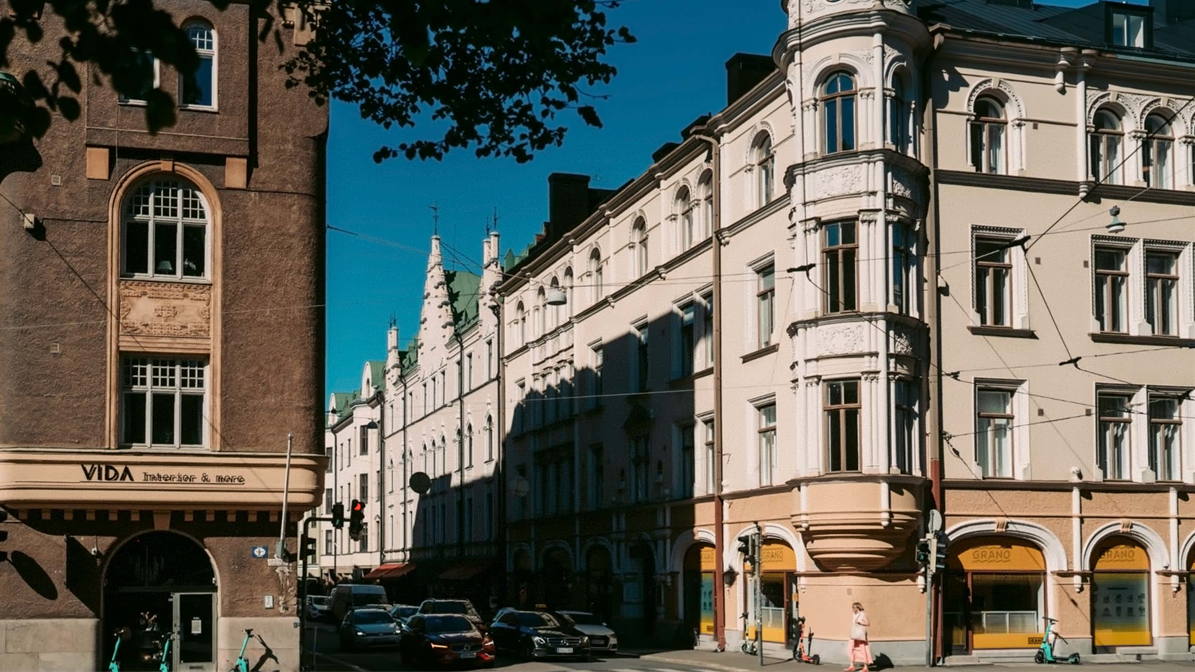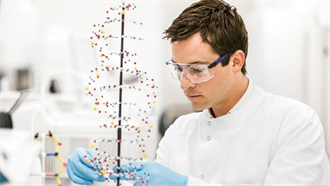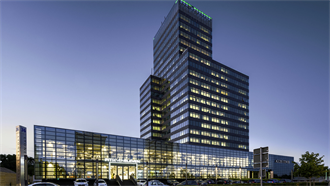Technology companies are out in force at Expo Real, not least those offering products and services to aid sustainability and clean air initiatives.
One such company is Airthings.
Martin McGloing, head of product for the company, is at the trade show showcasing its latest innovation: Space CO2 Mini.
The sensor, which measures just eight centimetres in diameter and has a battery capacity of at least 10 years, collects all the necessary indoor climate data to actively control the buildings. This means, among other things, CO2, humidity, pressure, temperature, light, noise and presence.
He said: ‘Although we are a Norwegian technology company, 90% of our business is outside of Norway. Expo Real is the most important meeting place for the property industry in Europe, and that is why we decided to launch our latest product here.’
This year, Hall A at the exhibition space is dedicated to property technology, or 'PropTech’.
The area even has its own innovation stage, called Nova 3, where companies present solutions for how to digitise and transform the whole property life cycle. This is also the area where Airthings are launching their latest IoT - internet of things - product.
McGloing said: ‘Wireless technology has been met with some scepticism in the industry, but with Space CO2 Mini we have proven that this fear is unfounded. Here you get all the sensors you need to continuously optimize rooms, zones and buildings with a battery life of well over 10 years. The data is available on open APIs either locally or through the cloud and at the same time you have a rich and intuitive analysis and reporting tool in Airthings' dashboard.’
He explained the company had deployed to thousands of buildings globally, with core markets being the Nordics, the US, and mainland Europe. Earlier this year Airthings scooped a 10-year contract to supply air quality monitoring solutions to all private schools across one of Canada’s largest provinces.
‘Covid-19 put indoor air quality at the centre of attention for anyone that is responsible for buildings. Though, at the same time, the current energy crisis is bringing energy optimization back in focus. The core optimization problem we face is balancing maximizing a healthy and productive building with minimizing the operating and energy costs.’
He said buildings used 40% of the world's energy and that 30% of this goes to heating and cooling, ventilation and lighting. At the same time, 80% of all buildings to be used in 2050 have already been built. This means that if the property industry is to become more sustainable, energy use in existing buildings must be reduced.
‘Many buildings have significant potential for improvement. Space CO2 Mini collects data from the buildings which then helps operating personnel and property owners to make data-driven choices that both improve the indoor climate and contribute to significant energy efficiency. Our sensors thus play a decisive role in extracting the improvement potential that exists in existing buildings.’

